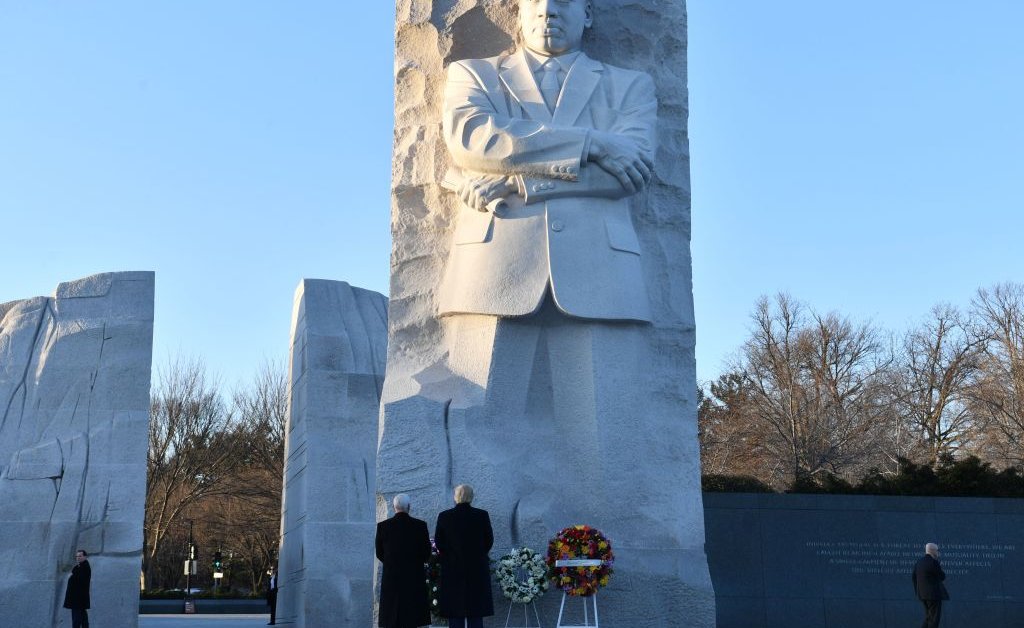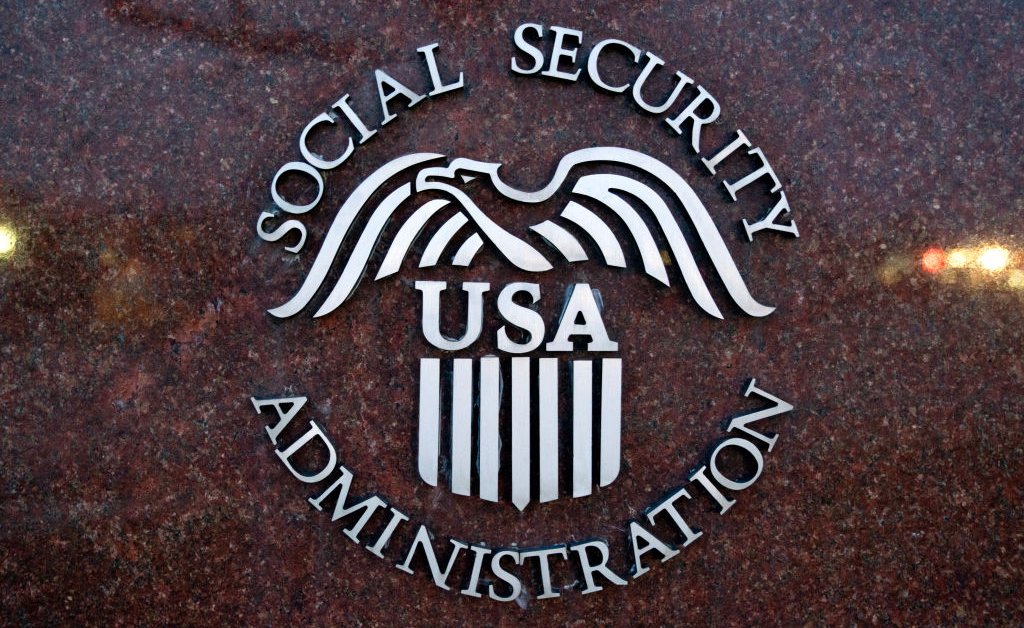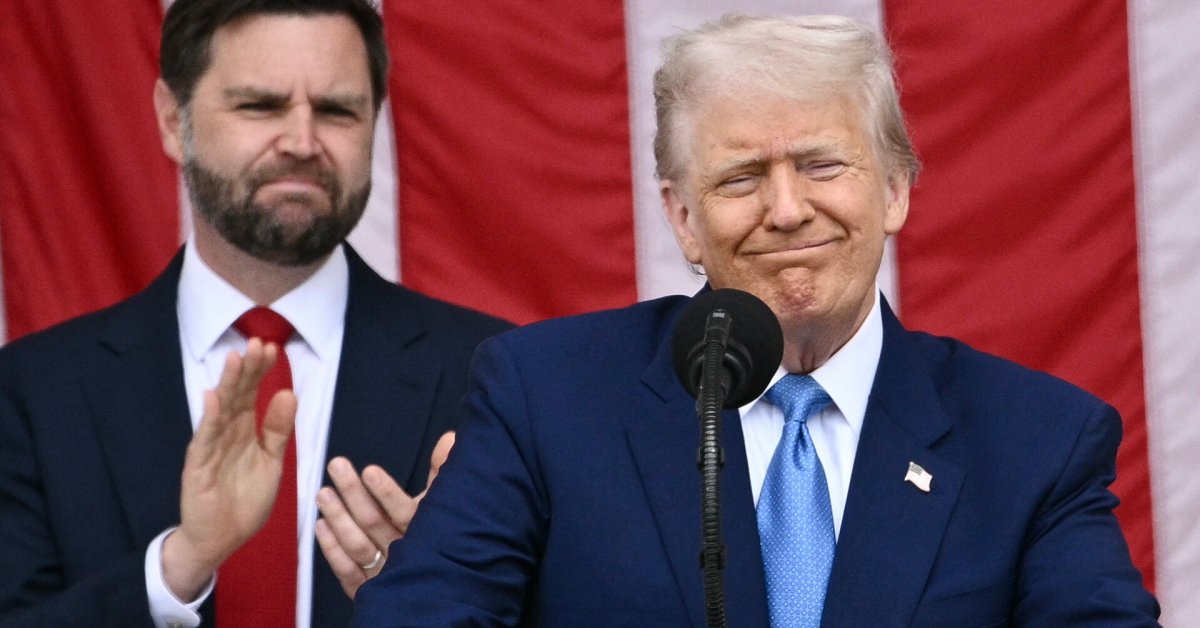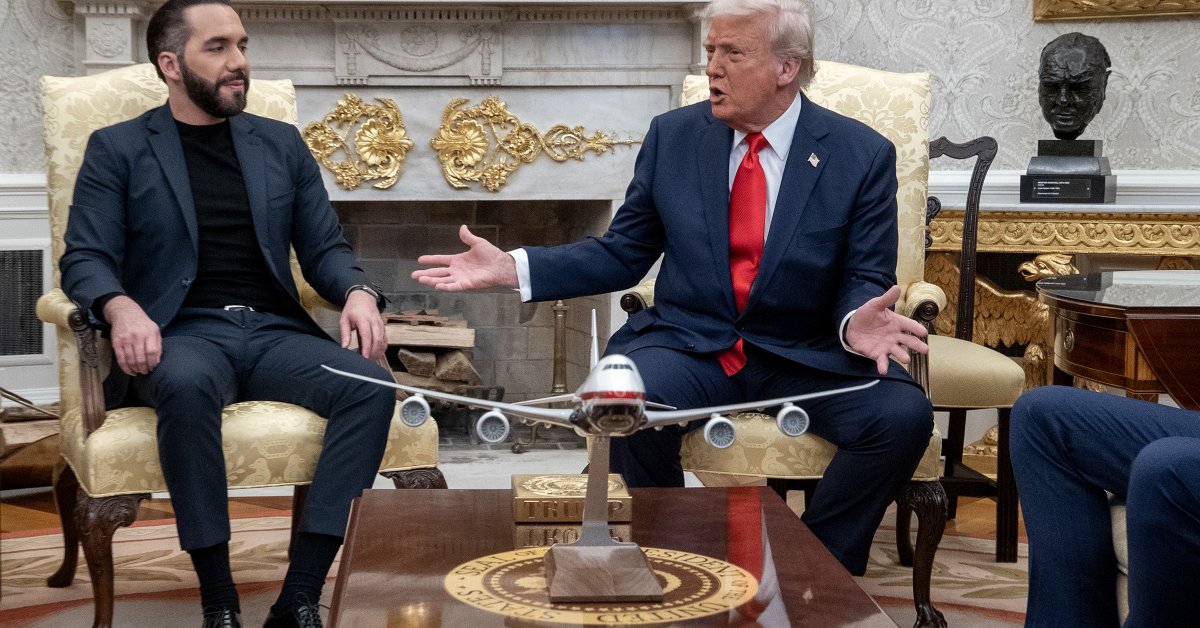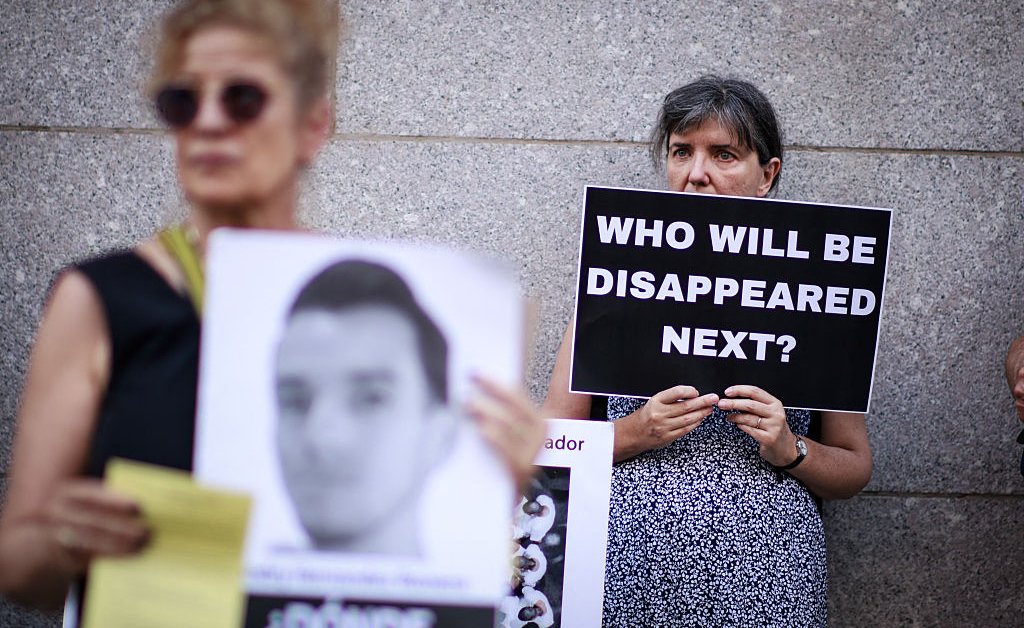This article is part of The D.C. Brief, TIME’s politics newsletter. Sign up here to get stories like this sent to your inbox.
More than a half-century after his assassination, the Rev. Dr. Martin Luther King Jr. continues to stoke suspicion—both of his death and of the United States’ professed moral footing.
With zero warning, President Donald Trump’s administration last Monday released almost a quarter-million pages of documents related to the civil rights icon’s 1968 assassination over the objections of most of the King family. The effort was a nakedly crass attempt at orchestrating a distraction to the President’s own political troubles surrounding convicted sex offender Jeffrey Epstein. It was also, sadly, continuing a craven tradition that began during King’s life of political figures exploiting his moral authority—and ambiguities—for their own means.
Scholars so far have found little new in the just-released documents. Much of them appear inscrutable—as they seemed to be written in a code only FBI insiders could decipher. Notably absent from the trove were FBI wiretaps of King. Those are under seal until 2027.
Yet the fear among those who follow in King’s footsteps is that the files include potentially embarrassing or unseemly details of King’s private life. Such revelations stand to do more than possibly diminish King’s legacy. They have implications for the U.S. on the foreign stage.
In life and now in death, King is an unrivaled symbol of U.S. hypocrisy. Americans’ uneven history with civil rights has long been a drag on their government’s power to cajole allies and rivals alike to a shared goal. It’s why President Harry Trump in 1947 became the first President to speak to the NAACP. On the steps of the Lincoln Memorial on a humid June Sunday, he made clear he understood the early Cold War would be shaped by how Americans’ treated their neighbors.
“It is my deep conviction that we have reached a turning point in the long history of our country’s efforts to guarantee freedom and equality to all our citizens. Recent events in the United States and abroad have made us realize that it is more important today than ever before to insure that all Americans enjoy these rights,” Truman said. He then made clear, wrapping his 12-minute speech, that he was speaking with purpose: “When I say all Americans, I mean all Americans.”
For the stretch between the end of World War II and the time Vietnam became the dominant story around the world, civil rights in the United States was a popular talking point that foreign diplomats would turn to as a rejoinder. The State Department archives from that era are packed with briefing memos advising how to respond to the one-liner popularized by Moscow and its satellite states: “But you lynch Negros.”
One April 1950 discussion outline for the State Department recognized the challenge bluntly: “No American problem receives more wide-spread attention, especially in dependent areas, than our treatment of racial minorities, particularly the Negro. Discussion of this problem cannot be evaded, and only by full publicity to improvements in this field can the United States position be put in fair perspective before the bar of world opinion and communist propaganda be discredited.”
So potent were the foreign policy worries over race that the Truman administration specifically cited America’s “image problem” in an amicus curiae brief on behalf of the NAACP’s Brown v. Board of Education.
The best propaganda doesn’t require fudging. Few know this better than Russian President Vladimir Putin, who has long sought to repurpose Cold War tropes. During a 2018 interview with Fox News, when asked about human rights issues in Russia, Putin responded with a tour of 20th Century U.S. history. “Haven’t Presidents been killed in the United States? Have you forgotten about—well, has Kennedy been killed in Russia or in the United States? Or Mr. King?” he said, adding, “All of us have our own set of domestic problems.”
Efforts to undermine King’s platform are not new, and are often aimed at sanitizing his message, which in his later years included an economic- and social-justice agenda that drew the ire of the U.S. government. But the prospect of generating scandalous headlines around King in 2025 would do more than distract—it stands to provide new and useful propaganda to America’s enemies.
Perhaps the bigger lesson from Trump’s latest gambit is this: King remains a global giant that stops the world in its tracks when he speaks, even if against his wishes or without his consent. It was this way when he pushed for civil rights and voting rights, and later against the war in Vietnam and against systemic inequalities. It was this way at the time of his assassination in Memphis, where he was offering support to striking sanitation workers. And it continues to be that way, as the Trump administration, backed into a corner, has little qualms with potentially undermining King’s legacy.
Indeed, even King’s daughter noted the mismatch of releasing hundreds of thousands of potentially embarrassing files on her father in this charged moment. Bernice King posted a black-and-white photo of her father, looking peeved, with the taunting caption: “Now, do the Epstein files.”
Make sense of what matters in Washington. Sign up for the D.C. Brief newsletter.

